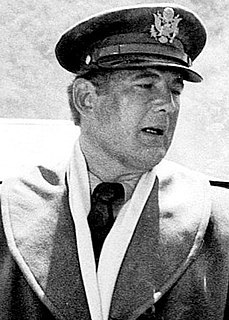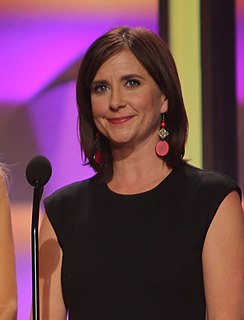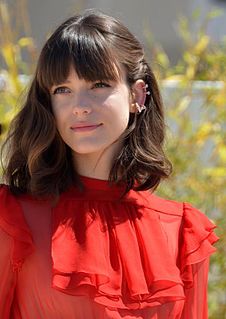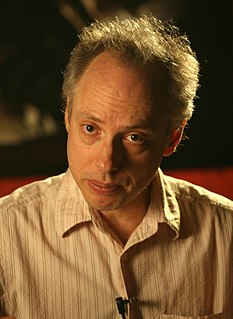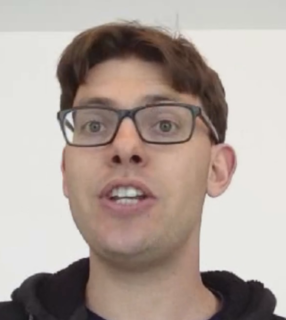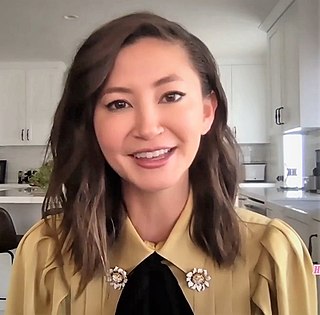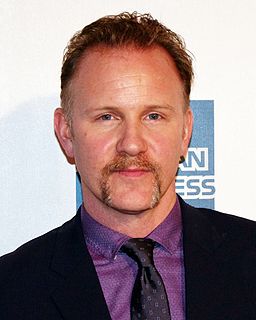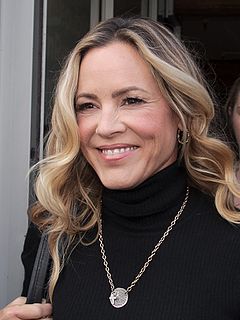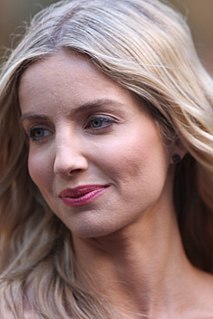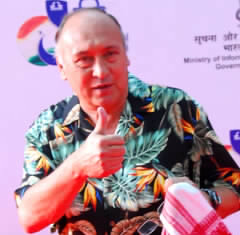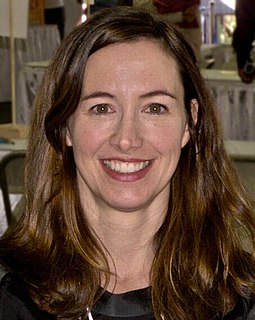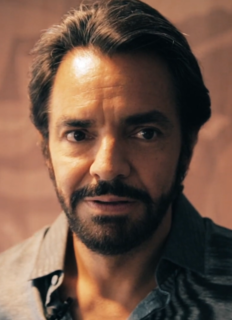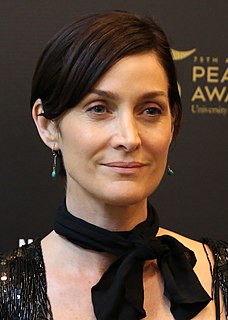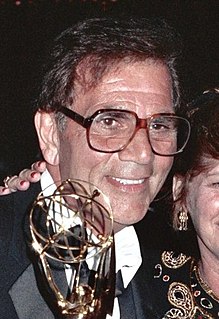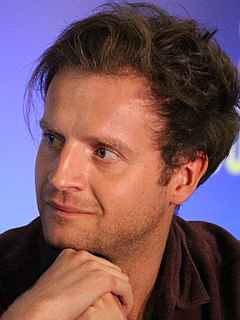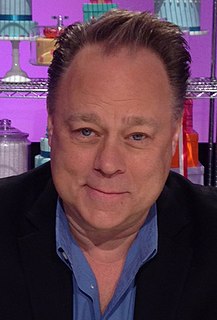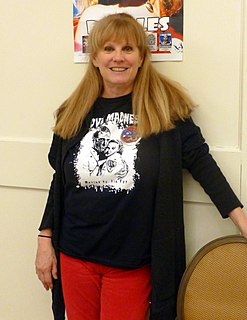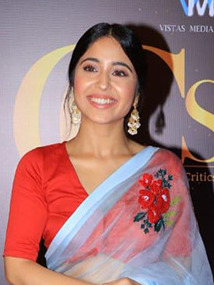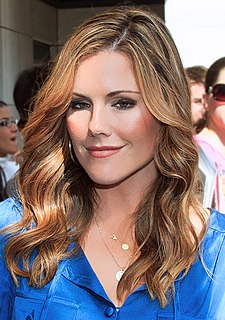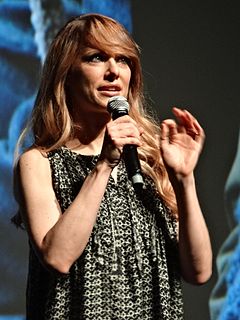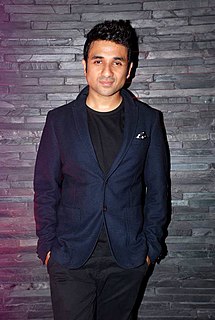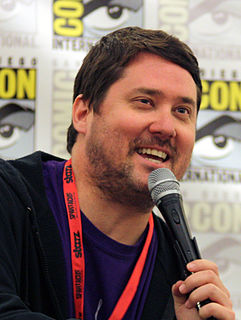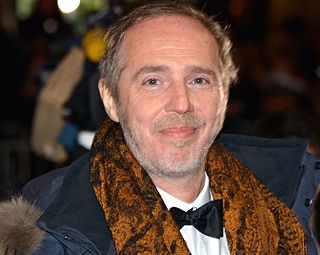Top 182 Onscreen Quotes & Sayings - Page 3
Explore popular Onscreen quotes.
Last updated on April 15, 2025.
I am aware that I've generally been more attracted to introspective roles, but it's sort of bizarre, because it's the opposite of who I am in many ways. I think I'm quite an extroverted, loud person. So it interests me that that's sort of the place that I go all quiet, is when I'm onscreen. It's a bit strange.
I think we need to make documentaries about fantasy and storytelling. I think I just started to scratch the surface of a method that allows us to do that. We want to be sucked into the events, suspend our disbelief and imagine that this is a fiction, but actually putting onscreen the gap between who the people are and who they want to be and therefore opening the question about why they want to be this person.
I knew I wanted to make a movie that looked decadent and expensive. I knew we would have to make every penny stretch and put as much of the budget onscreen as possible. So it starts with your heads of departments - your production designer, costume, hair and makeup designers. Picking the right people who were as committed as I was to telling the story as I was.
I actually don't prepare for onscreen nudity. I really believe that you have to be comfortable with your own body and unless the role is directed to a certain physicality and you're playing a sports person, then obviously you've got to train for it, but I just try and do things that make me happy and comfortable in my own skin, so I've gotten into yoga quite a lot.
You try to make them comfortable so they can do what they're best at, and make them shine. You always want to make an actor shine. I'm of the mind that there's no one - you, your mother, anyone, that if in the right place at the right time in the right context, couldn't shine in a movie. And so if it means, "Oh, I have to make them uncomfortable," then whatever it takes to get what I need up onscreen. It's all in the service of the story.
I always wanted to write, even before I realized that there was a comedy writers' world, or what that life was like. I never thought of myself, at least as a little kid, in terms of being the onscreen talent. I always thought it'd be so much fun to write sketches and be a writer. Even as little as 6 or 7, that's what my main interest was.
People often ask me if I feel discriminated against as a black female director. I don't. I'm actually offered a ton of stuff. But I only want to direct what I write. And I prefer to focus on black female characters. What's most important to me is to put characters up onscreen who are not perfect, but who are human and flawed.
I think that I'm pretty much who you see onscreen. Are there times when I ask questions of people and have a sense of what their answer may be? Sure. I think that you can't deny that. But you still want to hear from that person, even though you may anticipate what they may say. I am as natural right now as I am when I talk to somebody in the Middle East. It's just trying to be a real person to them. So long as I can be as honest with myself when I make a movie like that, I can continue to be honest with you.
I wanted to be a playwright in college. That's what I was interested in and that's what I was moving toward, and then I had the lucky accident of falling in love with film. I was 19 or 20 that I realized films are made by people. Shooting digitally became cheaper and better. You couldn't make something that looked like a Hollywood film, but you could make something through which you could work out ideas. I was acting, but I was also conceiving the plots and operating the camera when I wasn't onscreen. I got very unvain about film acting, and it became a sort of graduate school for me.
Not many people realize this, but I'm a really squeamish guy. When I watch other horror films that are really over-the-top with their blood and guts, I cannot watch it. So if my threshold to something onscreen is at that level, you can imagine how my threshold is to all the pain and suffering that is happening in the real world.
if your subject is an actor, he or she will also be shorter in person than they appear onscreen. This, also, you must keep to yourself. Even if you think you are giving their lack of height a positive spin, you aren't. 'You always seem larger than life in photos, but it's nice to see that in person you're just like us' might seem like a compliment, but what a star hears is 'You're stumpy, and you will lose jobs to taller people.
I cannot believe that violence depicted onscreen actually causes people to act out violently. That's oversimplifying the issue. If somebody commits a violent act after seeing violence in a movie, I think the question that needs to be asked is: would that person still have committed the act if he had not seen a violent film?
When I was younger and I was getting older, I remember thinking that if I couldn't do it gracefully, then I would have to quit. You know, looking at yourself aging onscreen, it can bring up stuff. It's one thing to be aging in a job where your looks don't matter, but as an actress, it's so much part of your image.
One would expect an actress to stand onscreen mostly as a caricature. If she would say, "I'm selling shoes," you would believe her. She says it and it creates this fiction, non-fiction perception of the film. People believe it because she says it. If she said, "I'm a butcher," people would believe it too, I think.
What I try to do is write from the inside out. I really try to jump into the world of the film and the characters, try to imagine myself in that world rather than imagining it as a film I'm watching onscreen. Sometimes, that means I'm discovering things the way the audience will, with character and story.
I realized that in all the sectors of society where there's a huge gender disparity, the one place that can be fixed overnight is onscreen. You think about getting half of Congress, or the presidency ... It's going to take a while no matter how hard we work on it. But half of the board members and half of the CEOs can be women in the next movie somebody makes; it can be absolutely half.
Yes, both 'Being Human' and 'Outlander' are known for their loyal fanbases. The beauty of both of those jobs was that the characters were very removed from me. So I've been lucky to get off scot-free, without any strange encounters. The wigs, blood, and strange onscreen faces/voices - they haven't found their way into my day-to-day life. Yet.
For some reason, some of my best solutions and ideas are triggered in those dark theaters, usually totally unrelated to what's going on onscreen. I also enjoy hiking in the foothills and mountains close to Sacramento. I always have to bring a pen and paper to jot down sudden thoughts and ideas. So inspiration arises from countless sources.
Sometimes perception is almost more important than the skill level of an actor. And if you give too much away, you have nothing to take for yourself and put onscreen. If people feel like they know you too well, they won't be able to indentify with the character you're trying to portray. Or they'll feel that you're just playing yourself, and then you just become a personality actor. And that's the death of any actor.
I grew up in LA, and I don't think I've seen LA onscreen in a way that felt real to me. There are definitely movies, but they are few and far between. I wanted to see a movie that was set in LA that wasn't about the film industry. LA is such a lonely place to be alone. In New York you can just walk out and be among people. You're on the subway among people, you go to cafés, you can talk to people. In LA, no one talks to each other, you're in your house, you're in your car, even when you take walks there's no one on the street.
Viola Davis keeps saying this movie should be called The Big Responsibility instead of The Help, because there were so many groups of people that you wanna do right by. You want to do right by Southerners and the African-American community and the readers of the book and the people that grew up with domestics and the people who worked as domestics. There's a million different groups that you're trying to please and satisfy that you're worried about not loving what comes across onscreen.
I go to auditions even now and people say, 'Oh, she's too pretty,' or 'She doesn't look like a small-town girl or a girl in high school who would get bullied.' But that's the whole point of being an actress - you can look glamorous when you're on the red carpet, and then bring it all down and be raw onscreen.
Brian De Palma was one of the rare directors who wanted us all to go to dailies. It was like a party. After shooting The Boy In The Plastic Bubble, we'd all walk over together, at like 5 or 6 o'clock, to the little theater. And we'd sit down and watch the dailies from like, the day before. And John Travolta, whenever I came onscreen, he was just laughing hysterically. He just thought I was a riot.
In 'The Trip,' I play the character named Ananya Makhija, a Delhi girl who wants to get married. This is a different character from whatever I have portrayed onscreen so far - of a sweet, small-town girl. Most importantly, you will not find a trace of my character from 'Masaan.' So, I think this will change my image of a small-town girl.
You would hope that coworkers who are dating can act professionally. But then again, some people can handle it, and some people can't. And those who can't kind of ruin it for the rest of us. Sometimes it's hard to be around an office relationship that went sour. When two actors have to be onscreen together, it can get really, really awful.
We're all flawed, and we all make mistakes, and we all have weaknesses. And those are the kind of people I want to see onscreen, the ones that feel like real flesh-and-blood human beings and not the weird, whitewashed, Hollywood stand-ins for people with the rough edges sanded off that I can't connect to because they just don't resonate with me.
As a filmmaker, I believe in trying to make movies that invite the audience to be part of the film; in other words, there are some films where I'm just a spectator and am simply observing from the front seat. What I try to do is draw the audience into the film and have them participate in what's happening onscreen.
Fortunately, most of my friends in comedy that smoke pot are almost as open about it as I am, and in some cases more so. But most that appear, it's more about friendship with me than making some statement about pot. I'm sure those of my friends who are onscreen smoking might have a little regret, but there's not too much of it.
The reality is that diversity as an overall subject has to continue to be addressed onscreen. That goes beyond having a gay superhero. There should be a black superhero, a Latino superhero and, while we're at it, we still aren't seeing nearly enough women behind the scenes and as the anchors of movies.
